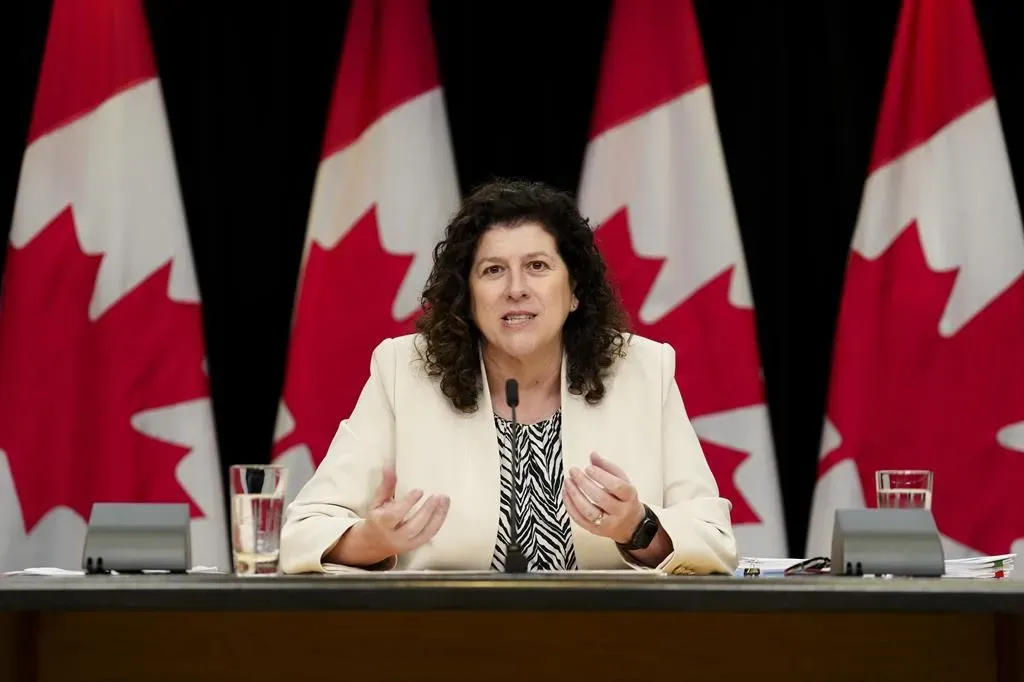Auditor general considering probe into Indigenous procurement program
Canada’s auditor general is considering a probe into a multi-billion program meant to boost Indigenous business that has been open to abuse for decades.

Canada's auditor general is considering investigating a multi-billion dollar program aimed at supporting Indigenous businesses, which has been vulnerable to misuse for decades.
Auditor General Karen Hogan's office confirmed they are reviewing a request to audit the Indigenous Business Directory (IBD) following complaints from Indigenous communities and a recent investigation by Global News in collaboration with researchers from First Nations University of Canada.
The IBD is a key resource used by government departments to identify First Nations, Métis, and Inuit companies for roughly $1.6 billion in federal contracts annually through the Procurement Strategy for Indigenous Business (PSIB). However, Indigenous leaders have repeatedly warned the government that non-Indigenous companies are being listed in the directory and receiving billions of dollars in contracts.
The joint investigation revealed loopholes in the PSIB, which was established in 1996 to provide Indigenous businesses with preferential access to federal contracts. It found that until 2022, companies were allowed to self-identify as Indigenous without consistently providing supporting documentation. The report also uncovered "rent-a-feather" schemes, where Indigenous individuals were hired to serve as figureheads for non-Indigenous companies seeking government contracts.
Inuit Tapiriit Kanatami President Natan Obed condemned these practices, describing them as a form of identity theft and the "next stage of colonization."
The request for an audit comes from three major Indigenous organizations: the Assembly of First Nations, the Algonquin Anishinabeg Nation Tribal Council, and the Assembly of First Nations Québec and Labrador. These groups accused the federal government of "negligent management" of the IBD, claiming that non-Indigenous companies have exploited the directory, potentially defrauding the country of billions.
Their letter, shared with Global News, stated: "The IBD, which is meant to provide Indigenous businesses and entrepreneurs with targeted contracting opportunities, has been usurped by ineligible, non-Indigenous interlopers who have defrauded Canada."
The letter further criticized the government, saying: "In its claimed purpose of advancing Indigenous economic opportunities, it takes no care at all to ensure the beneficiaries of billions of dollars in contracts are Indigenous. We feel we are being mocked instead of supported by those in charge of the IBD."
Indigenous Services Canada (ISC), which manages the IBD, initially stated that it had tightened its eligibility requirements in 2022, requiring businesses to provide proof of their Indigenous status. However, Global News reported that when a representative from the Algonquin Anishinabeg Tribal Council applied to be listed in April 2024, ISC did not ask for documentation.
Emails revealed that a federal official told the Algonquin representative they could submit "any" document, including a "picture of a bunny," to complete the application. The representative did so, and the bunny photo was accepted as proof of Indigenous status.
The letter to Hogan's office called the incident "sickeningly insulting," adding, "This would be a funny joke if it were not so serious."
Global News sought a response from ISC regarding the "bunny incident," but as of Thursday, the department had not provided a comment.
In a statement, the Office of the Auditor General said it is "currently assessing" the request for an audit and will determine whether to move forward with a full investigation. These audits can take years, but Hogan’s office emphasized that the process is "flexible" and can be adjusted to prioritize areas of high risk for Canadians based on their resources, mandate, and parliamentary interest.





